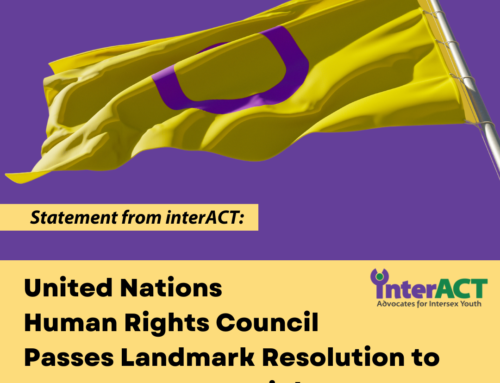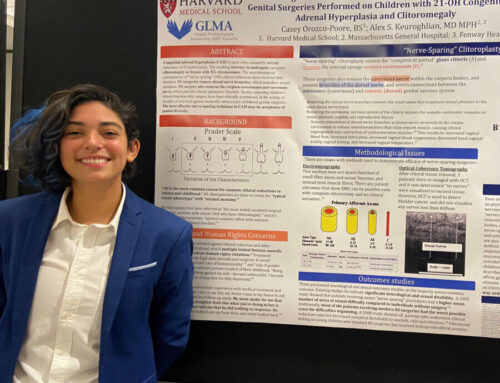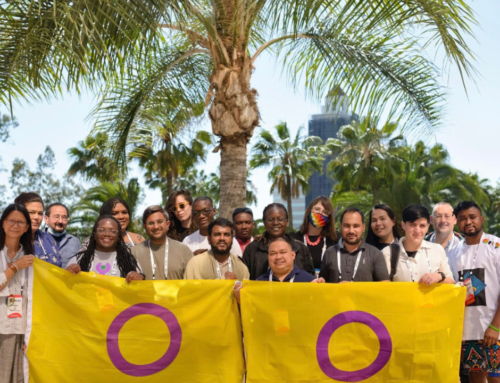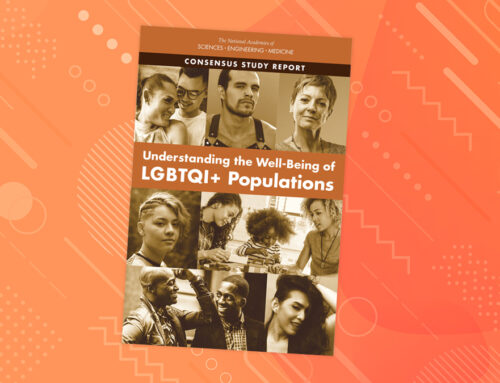 The Council of Europe Publishes Study on the Rights of Children in Biomedicine, Including Entire Chapter Highlighting the Experience of Intersex Children
The Council of Europe Publishes Study on the Rights of Children in Biomedicine, Including Entire Chapter Highlighting the Experience of Intersex Children
Last month, the Council of Europe published “The Rights of Children in Biomedicine: Challenges posed by scientific advances and uncertainties” through its Committee on Bioethics. The Committee, tasked with assessing ethical and legal issues at the intersections of human rights, biology, and medicine, includes representatives from all 47 European member states and investigates potential violations under the mandate of the Convention on Human Rights and Biomedicine, based on principles found in the European Convention on Human Rights.
This study thoughtfully considers the experience of children born with intersex traits, answering questions on the origin of deeply harmful “treatments” and their persistence in the medical field despite being violative of human rights standards and the continuing outcry from intersex adults. As the study explains:
“Since the 1990s, individuals who have been harmed by these practices have come forward reporting genital dysfunction, scarring, loss of sexual feeling, loss of fertility, chronic pain, and the wrong gender assignment – with irreversible excision of genital and gonadal tissues. Despite clinical attempts to find data supporting these practices, repeated systematic reviews of evidence have found no quality data confirming their safety and benefits for each affected child. Many prominent European clinicians remain among the most aggressive defenders of these practices – typically based on questionable studies tainted by views of what is best for the children and the ability of parents to “accept” a treatment recommendation, despite acknowledging the vast array of uncertainty surrounding the interventions in question.”

“So far, only one international protocol, by the Consortium on the Management of DSD, has recognized that consent of the child is necessary to ensure that any interventions coincide with the child’s wishes. Few clinicians have publicly endorsed that protocol. No other protocol has emerged to explain, as a matter of science, how infant surgery will be certain to coincide with the child’s actual identity, sexual interests, and desires for bodily appearance”
“Many other procedures are also rigorously defended by clinicians as highly beneficial to the health of the child and thus “necessary” for healthy functioning, such as hypospadias repair to enable “normal” urination in boys and vaginal-urethral separation in girls to prevent urinary tract infections – neither of which are supported by quality evidence of safety, benefit, or necessity and both of which risk irreversible injury.”
interACT commends the Committee on Bioethics and the authors of The Rights of Children in Biomedicine for this important report and encourages its dissemination to clinicians and others concerned with the rights of the intersex community.





